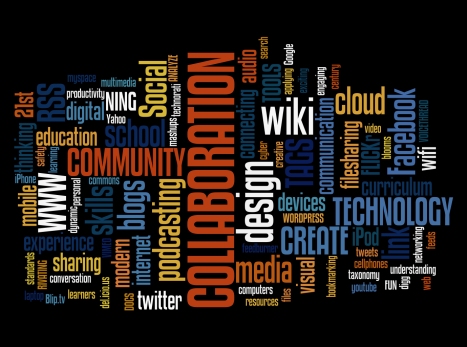With all of this talk of technology integration and looking at how students in today’s world learn and use technology, the school system has needed a drastic change for a while. There are some important questions we need to ask ourselves concerning this transition.
Why haven’t we changed yet?
What is stopping or hindering the change?
What are the dangers of not changing?
What will it take to change?
This reminds me of a particular industry that has been drastically impacted by their fear of new technologies and their reluctance to change with the times. The industry saw the Internet coming and became paralyzed by the potential of this technology to change its business model. They were blinded by this so much that they did nothing or even worse. They began to fight it!
I am thinking of the music industry. As the first iPod came out (2001), the music industry was so concerned about downloading and fighting it that they did nothing to join the revolution. They should have been FIRST to dip their feet in the pool (Internet, downloading) by offering legal and legitimate ways to purchase music online far before the time when people decided to take this into their own hands. As controversial as this comment may be, our society has now accepted downloading music. Whether you agree with that or not, the very industry that tried to prevent this is probably to blame. Today, iTunes (Apple’s online media store) is the largest seller of music in the United States. Walmart used to hold that title by selling CD (hard copies). We vote with our dollars, a friend of mine once told me. People are voting, with their money, that they prefer the digital way. Thankfully, the music industry is on board now. But, imagine where they would have been by now if they transitioned when they could have.
Fast forward to the future (2009) and it seems that some schools / teachers are fighting tooth and nail to teach using techniques from the past. What will happen if we don’t change with our students? I shutter to think about the repercussions. *Please read me correctly, I am not painting with a broad stroke by saying that ALL teachers are reluctant to change. But, in today’s day and age, I find it difficult to believe that one can not see its importance.
Filed under: Comment | Leave a comment »



NO MORE PUBLISHING HERE! MOVED TO WWW.EDNOLOGY.CA
Please visit www.ednology.ca from here on in.
Filed under: Comment | Leave a comment »